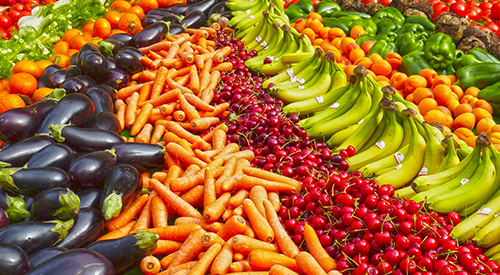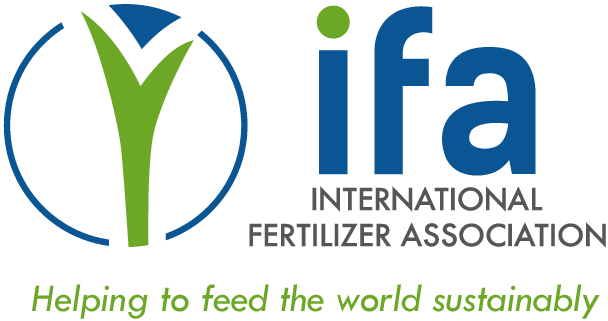Why Fertilizers are Vital for Supporting, Improving and Protecting Plant Health
As proclaimed by the U.N., 2020 is the International Year of Plant Health. Protecting plant health is crucial for ensuring that we can grow enough crops on existing land to help end hunger, reduce poverty, protect biodiversity and the environment, and boost economic development.
Plants survive and thrive when they get enough of the 14 essential nutrients they need from the soil, in addition to carbon and oxygen from the air and hydrogen from water. A lack of of even one single essential nutrient in the right quantities can have a huge impact on plant health.
Which is why effective plant nutrition is required, using fertilizers to supplement the nutrients already available in the soil to give plants the nutrients they need for root, stem and leaf development as well as flowering and fruit production.
Ensuring Growth and Resilience
All 14 essential plant nutrients are needed to ensure growth and resilience to stress and changing climatic conditions. Within macronutrients, nitrogen is one of the essential constituents of proteins and involved in all plant development processes; phosphorus is indispensable for cell and tissue development; while potassium improves plants’ water regime and increases resistance to droughts and frost (among many other functions).
Micronutrients are equally crucial: magnesium and sulphur, for example, are central for chlorophyll development and enzyme reactions, calcium is critical for root growth and the development of cell walls, while chlorine helps minimize water loss during stressful dry periods.

Increasing Disease Resistance
Another important aspect of plant health is resistance to diseases. Scientific research has show that healthy plants are better able to fend off pathogens: the occurrence of pests and diseases is higher when the plant is stressed and malnourished. Well adapted fertilization, including integrated soil management and good irrigation practices, contributes to plants’ vigour and their ability to fight diseases, which ensures that more and higher quality crops can be grown.
Ensuring proper plant nutrition is one of the first and most important components of controlling disease. The severity of many plant diseases be reduced or even completely avoided through proper fertilization and plant pathogens can also be better controlled.

Supporting Human Health
While the role of fertilizer for food security is already well acknowledged globally, research has also demonstrated that nutrient management can increase the health-promoting components of plant-based food and feed. This is important as there are direct and indirect links between plant health, mineral macro-and micronutrient application, animal and human nutrition.
Here at IFA we welcome this year’s focus on plant health and the reminder of its vital role for improving yields. While there are many different factors that come into play for protecting plant health, just like for humans, diet is a crucial one. To protect and improve crop health a vital first step is ensuring that they are getting enough of the nutrients by using the 4Rs: supplying the right source of fertilizers for site-and crop specific conditions, using the right rate, based on crop needs, applying fertilizers at the right time and ensuring the right placement of the fertilizers to optimize plant uptake.

